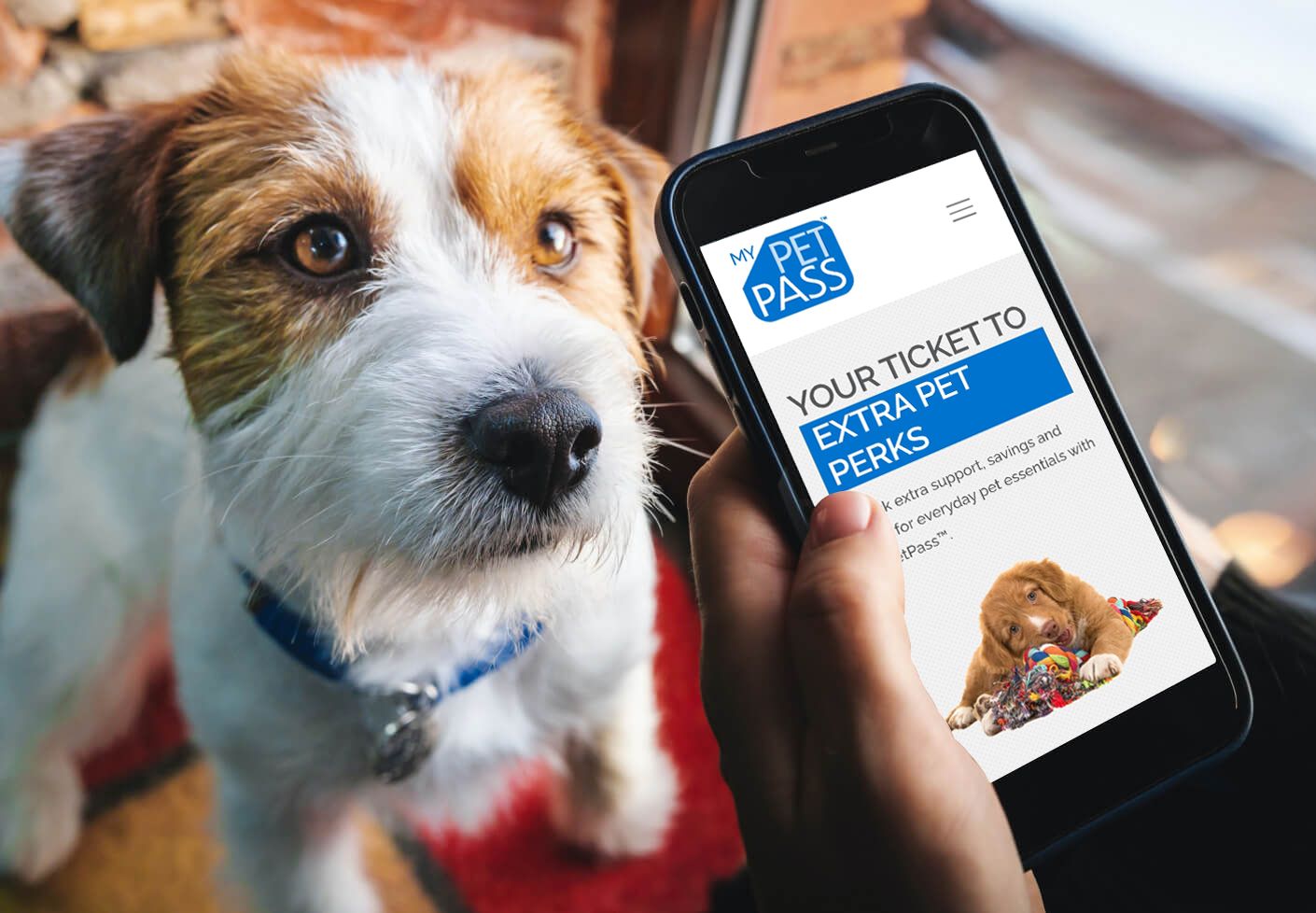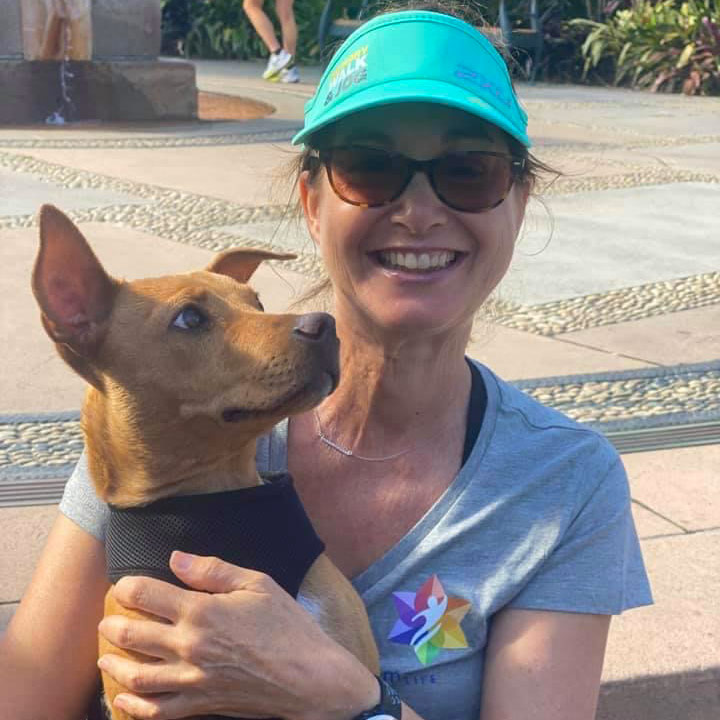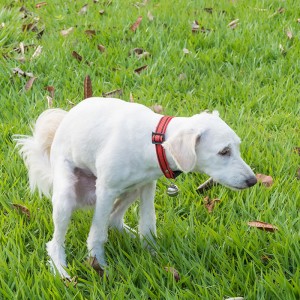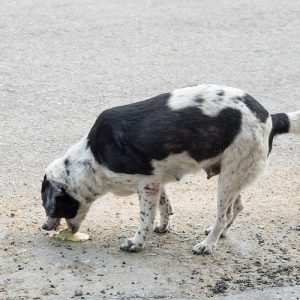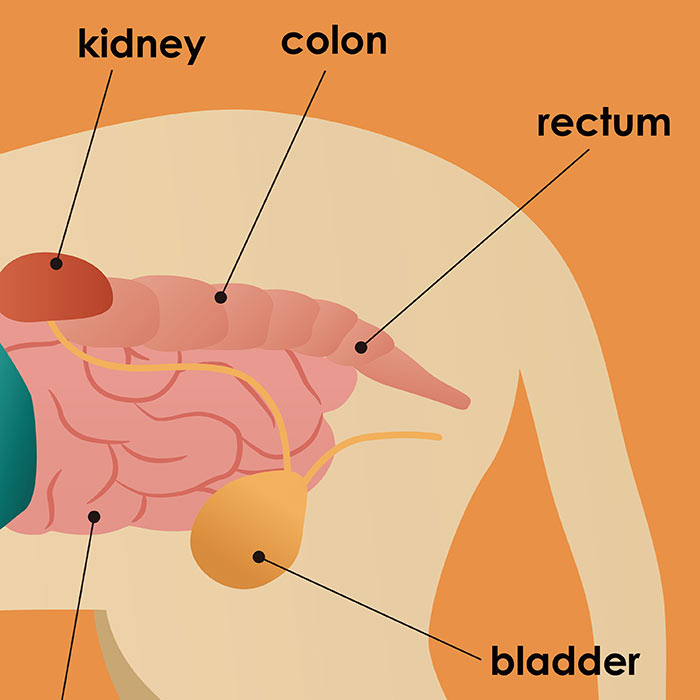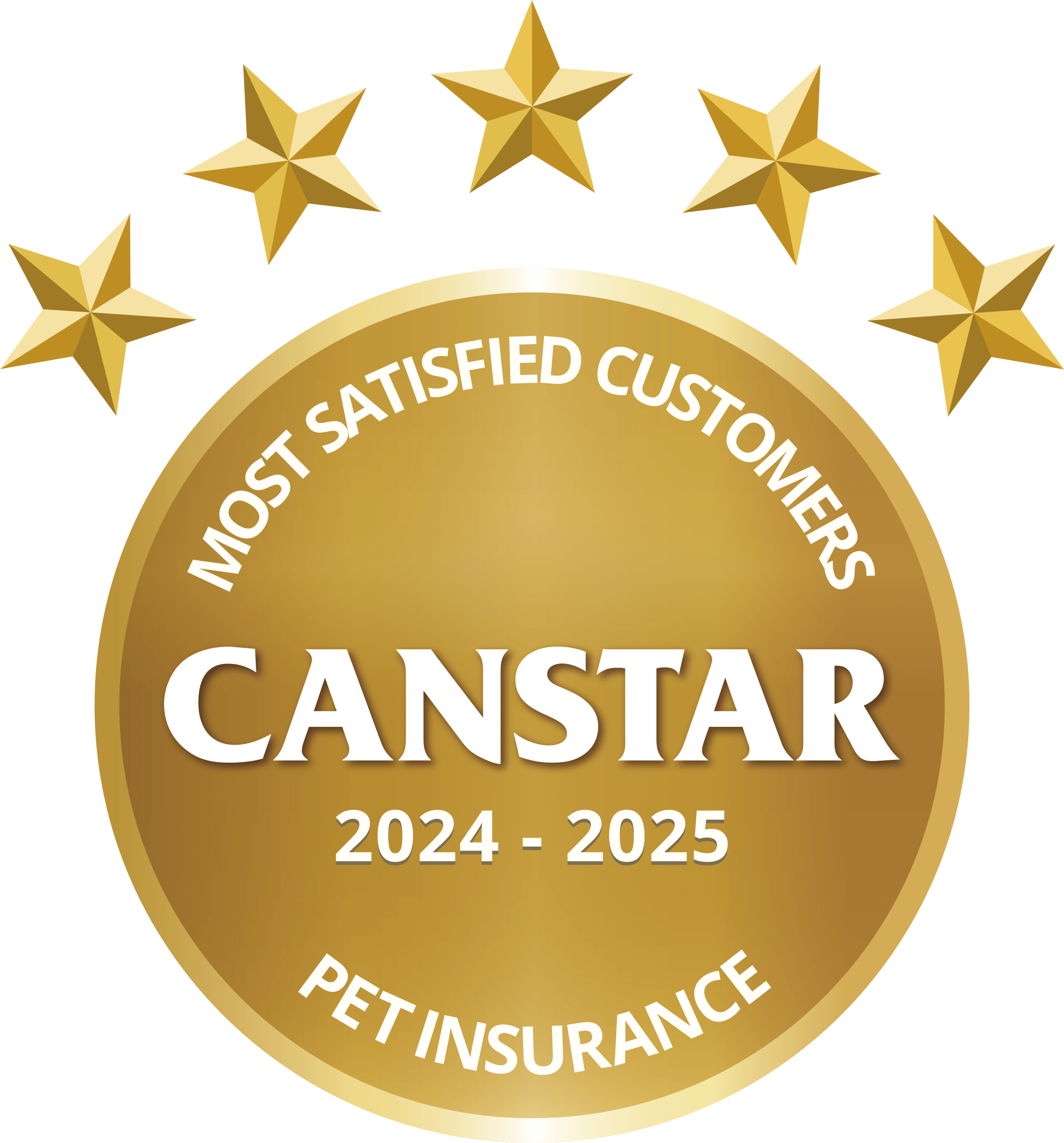Dog Constipation
Dogs usually pass about one or two stools a day, though it is not uncommon for some dogs to go a couple of days without a bowel movement. Constipation occurs in most dogs at one time or another, and fortunately most cases are not serious and can be treated quite easily.
Symptoms of dog constipation
- Tenesmus: non-productive bowel movements which cause the dog to strain
- Abnormal Faecal Matter: often the stools produced by constipated dogs are small, hard, dry, and a small amount of liquid or mucus discharge may follow after attempts at defecation.
- Painful Defecation: constipated dogs may experience pain when having a bowel movement or soreness, redness and swelling around the anus.
- Scooting: dogs often scoot when experiencing anal discomfort to try and relieve the pain.
- Lack of Appetite: dogs suffering constipation may not have a large appetite as a result of being unable to have a bowel movement. This can lead to weight loss.
- Behavioural Changes: constipated dogs may be more lethargic or depressed than usual due to the discomfort.
- Bloating: dogs may experience abdominal bloating and discomfort as a result of constipation.
- Intermittent Vomiting: affected dogs can vomit occasionally in an attempt to relieve the discomfort.
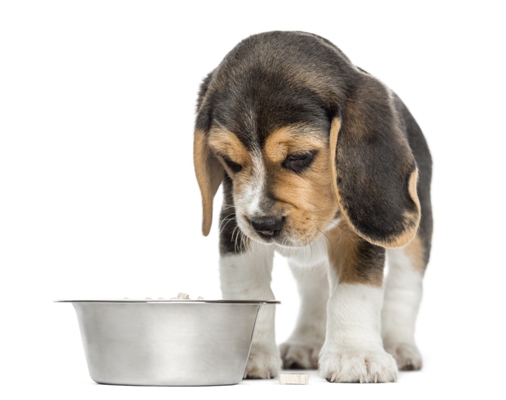
Diagnosis of dog constipation
Serious cases of constipation will need to be assessed by a vet. Your vet may conduct a full physical examination of the dog, a blood chemical profile and blood count, electrolyte analysis and urinalysis. X-rays and ultrasounds may be required to determine the severity of impaction, and colonoscopies may be useful to identify blockages in the digestive tract.
Treatment of dog constipation
For mild cases of constipation, stool softeners, lubricant and diet alteration (e.g. increasing fibre intake) can be good measures to take in order to improve the dog’s condition.
Treatment of obstipation (a.k.a. chronic constipation) is a little more complex. Since it causes the colon to become filled with large amounts of hard faecal matter, affected dogs are unable to empty their bowels on their own and are extremely uncomfortable. Moderately affected dogs may be placed on IV fluids to help hydrate them or be given an enema to help clear the colon. Severe cases may require the dog to be placed under general anaesthetic so the vet can thoroughly cleanse the area. Surgery may also be required if obstipation is caused by a pelvic fracture.
Prevention
Feeding your dog a fibre-rich diet can go a long way to regulating bowl movements and preventing constipation. If you suspect constipation, a laxative may be given to help soften the stool. The best way to prevent constipation is to ensure your dog is very well hydrated. Desexing male dogs can also help prevent constipation due to growth of the prostate.

Interesting facts!
- Constipation can affect all dogs, though it most commonly occurs in young, growing medium-to-large-sized dogs.
- Dogs that lick their fur excessively may develop fur balls, which can cause colon blockages. Finding and treating the cause of the licking is the best way to prevent this.
- Keep dogs away from small, hard objects such as rocks and kids’ toys since they could cause a blockage in the digestive tract and may require surgical removal.
- Certain medications can cause temporary constipation, but vets who are aware of the side effects may prescribe a stool softener.
- Older dogs suffering constipation should be tested for electrolyte imbalance, since this could be a sign of kidney disease.
Bow Wow Meow Pet Insurance can help protect you and your dog should an unexpected trip to the vet occur.
-
Find out more about our dog insurance options
-
Get an online pet insurance quote
Bow Wow Meow is proud to have been awarded winner of Canstar’s ‘Most Satisfied Customers’ Award in the Pet Insurance category for both 2024 and 2025!
Bow Wow Meow is proud to have been chosen as Product Review’s Pet Insurance Award Winner every year from 2018 to 2025! This is based on 2,995 independent customer reviews (as at 21/01/2025), with an overall rating of 4.3*
Google Review rating = 4.5* (based on 968 reviews)
Trust Pilot rating = 4.6* (based on 531 reviews)
Bow Wow Meow is proud to have been chosen as Product Review’s Pet Insurance Award Winner every year from 2018 to 2025! This is based on 2,995 independent customer reviews (as at 21/01/2025), with an overall rating of 4.3*
Google Review rating = 4.5* (based on 968 reviews)
Trust Pilot rating = 4.6* (based on 531 reviews)
Bow Wow Meow has been chosen as a winner in the Finder Pet Insurance Awards 2024. Finder’s panel of experts analysed over 140 quotes to award our Ultimate Care Plan the winner of the “Pet Insurance – Value” category.
More Information
https://www.aspca.org/pet-care/dog-care/constipation
http://www.petmd.com/dog/emergency/common-emergencies/e_dg_constipation



